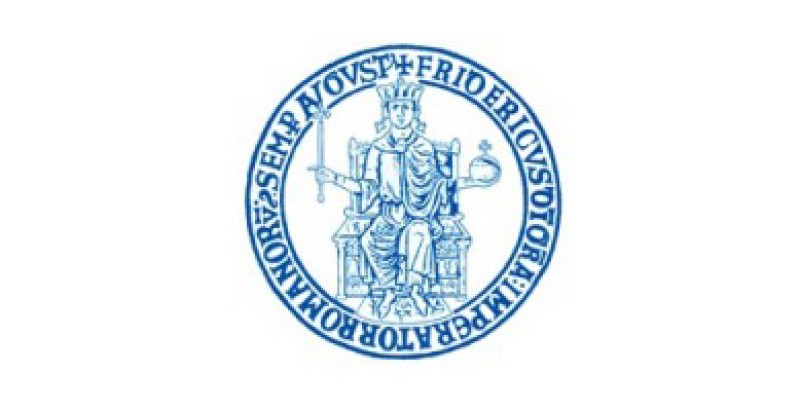Sub-theme 69: Philosophy, Technology and Organization Studies [merged with sub-theme 25]
Call for Papers
Since their inception in myth, under the faltering protection of Prometheus, tools – things ready to hand for use
– have distinguished humans; our most basic relationship with the world is a technological one. Yet to ask after technology
is more than its being considered equipment: it is also to inquire how the world becomes an array of means for bringing about
ends. What makes humans distinct is their power to bring forth, meaning to ask after technology is to assay what is productive
(poietic) about technology. This productivity entails more than making things: it is setting of ourselves in relation
to things in a manner that gathers us all – things and ourselves alike – in relations of productivity. Rather than being grounded
in belief or love, our basic relationship to the world has become one of being productive (Heidegger, 1953, p. 318). In this
emphasis on outputs and their transformation we find technology becoming intimate with questions of organization, the term
organization deriving from the Greek organon – a tool or instrument – employed (e.g. hammers, armies, or budgets)
in order to do this or that, to control this or that, and in turn, be controlled and done to.
The simple technology
of writing, for example, has preserved and transmitted singular names and events, and recorded testimonials, organized as
historical accounts, making possible the idea of a human individual whose autonomy removes them from the vagaries of time
and material contingency, and makes them inherently replaceable (Sloterdijk, 1999). We learn to write as authors, as though
authorising stems from within our subjectivity, as though we create and account for meaning. Yet it is writing organising
this sense of self, it is the pens and parchment and typewriters writing us, so that it is we who have become prosthetic
extensions of letterpresses and codex, and now the computer keyboards and hard drives (Kittler, 1999); technology has come
to "indicate the evolution of living by other means than life" (Stiegler, 1994, p. 135). With digital technology the idea
of 'self' is changing again, becoming re-organized. For example, learning has become increasingly a question of proficiently
falling in with the informational demands of tightly scripted performance regimes. Our subjective work lives have moved from
a condition of clocking on/off to being permanently available and permanently innovating (Fleming, 2015, p. 19–21).
Currently the fields of media philosophy and media history lead the way in considering technology as organization.
We find studies of: the material 'bureaucratic medium' of paper and paperwork (Kafka, 2012); diachronic accounts of how files
organize legal systems (Vismann, 2008); cybernetic organization (Martin, 2003; Pias, 2003); mass organization (Baxmann et
al., 2015); the internet and organization (Chun, 2008); or a 'new physics of organization' (Galloway & Thacker, 2007).
Encouraged by such endeavours, we invite contributions dedicated to technology's intimacy with organization and
organizing. Papers might connect theoretical grounds for the study of organization with archival work, empirical observations
or examples drawn from literature and the arts; they might espouse the futility of agency, or call for its rejuvenation; they
might jostle with Cyborgs or embrace Luddites; they might immerse themselves in sound, projection, feedback loops and digital
colours or emerge from entanglements with impalpable networks; they might ponder the proliferation of organizational memories
and organized forgetting or why technologies of transparency never diminish secrecy and the secret; they might scrutinize
how technologies are organizational by controlling 'us' and other machines or how since time immemorial, technologies have
been hacked and leak; and they might look to our measured selves and reset what we know as productivity and being productive.
References
- Baxmann, I., Beyes, T., & Pias, C. (eds.) (2015): Social Media – New Masses. Chicago: Chicago University Press [forthcoming].
- Chun, W.H.K. (2008): Control and Freedom: Power and Paranoia in the Age of Fiber Optics. Cambridge, MA: MIT Press.
- Fleming, P. (2015): The Mythology of Work. London: Pluto Press.
- Galloway, A.R., & Thacker, E. (2007): The Exploit. Minneapolis: University of Minnesota Press.
- Heidegger, M. (1953/1977): The Question Concerning Technology and Other Essays. New York: Harper & Row.
- Kafka, B. (2012): The Demon of Writing: Powers and Failures of Paperwork. New York: Zone Books.
- Kittler, F. (1986/1999): Gramophone, Film, Typewriter. Stanford: Stanford University Press.
- Martin, R. (2003): The Organizational Complex: Architecture, Media and Corporate Space. Cambridge, MA: MIT Press.
- Pias, C. (ed.) (2003): Cybernetics – Kybernetik. The Macy-Conferences 1946–1953. Vol. 1: Transactions/Protokolle. Zurich: diaphanes.
- Stiegler, B. (1994): Technics and Time: The Fault of Epimetheus. Stanford: Stanford University Press.
- Sloterdijk, P. (1999): Regeln für den Menschenpark. Ein Antwortschreiben zu Heideggers Brief über den Humanismus. Frankfurt a.M.: Suhrkamp.
- Vismann, C. (2008): Files: Law and Media Technology. Stanford: Stanford University Press.


